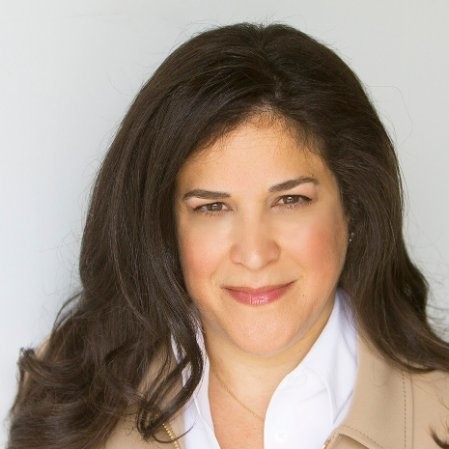The ability to work virtually opens up opportunities for many women if companies can adapt.
Suzie Scanlon Rabinowitz built a law firm to offer flexibility, empathy and opportunity especially to women.
I am an accidental entrepreneur and never set out to be an industry innovator.
I wanted to be a lawyer because it seemed like a good idea. I initially followed a traditional path of college, law school, and immersing myself in the demanding environment of two top NYC law firms. At the time, the legal profession was a male dominated industry with a prescriptive way of doing things. There simply wasn’t a lot of room for people who needed to approach work differently for a number of reasons, including having young children, caring for an aging parent, managing a health concern, returning to work after a career break, or having a spouse in the military and managing frequent geographic relocations and deployment. Highly ambitious, skilled professionals often had no choice but to step back from a career they loved.
I also chose to step away from practicing law for several years to raise children and work on fundraising and volunteer projects. When I returned to practicing law and saw what I personally needed to support my returnship, it helped me to understand the need for innovation, greater flexibility, empathy, and inclusivity in the broader legal industry.
I began working with a Swiss investment bank on a part-time legal project, which led me to inadvertently discover that many corporations have a need for flexible legal services from experienced attorneys. I eventually co-founded Bliss Lawyers, a legal services firm, to bridge important gaps in the industry through legal secondments and to underscore that you can work in a kinder, more empathetic way.
I was then fortunate to participate in Goldman Sachs’ 10,000 Small Businesses Program. Goldman Sachs worked closely with me to elevate, scale, and ultimately sell Bliss Lawyers. In learning more about the legal industry, they also identified a key gap, and stated that I had an obligation to create more flexible job opportunities for lawyers in this country and encouraged me to start a woman-owned virtual law firm.
SRD Legal Group, a women-owned virtual law firm, was designed in 2015 to attract and retain highly credentialed, well-trained attorneys who wanted to practice sophisticated law, but require greater flexibility than what’s offered by traditional law firm or in-house models. This virtual operating model enabled Fortune 500 clients such as Goldman Sachs and Blackstone to access experienced lawyers in a more flexible, efficient, and cost-effective approach.
Unencumbered by bricks and mortar, the virtual model allowed us to expand our talent pool in ways I couldn’t have initially imagined, including working with military spouse attorneys and military spouse legal service professionals, which have helped create more cohesive, collaborative, and high-performing teams. Today military spouses comprise over 30% of our 110-person team and create extraordinary value for our company, clients, and overall culture.
Flexibility, empathy, and inclusivity are cornerstones of what I’ve learned about innovation. A commitment to these values drives our firm’s success and industry-leading client work every day. My goal is to continue changing how business is done, by sharing our model with others, and championing military spouses as an extraordinary talent pool that many businesses, across industries, could benefit from.




